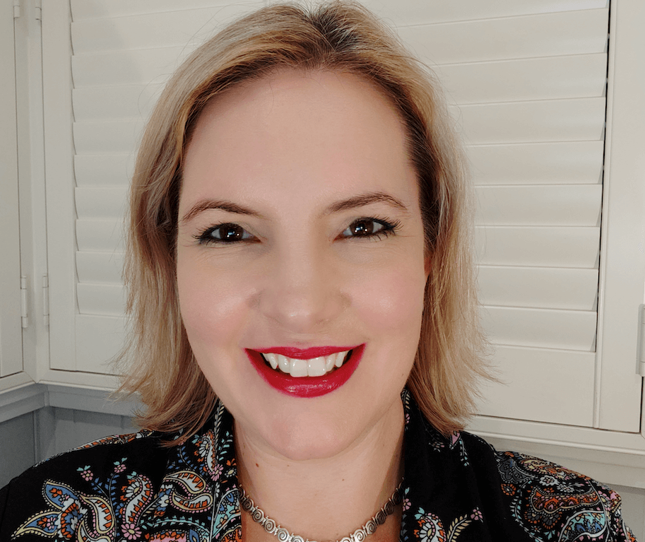I grew up in South Africa under the apartheid regime. While I was in primary school, a series of negotiations took place that would, eventually, end apartheid, and lead to the freeing of Nelson Mandela. This social context meant that many of my teenage memories are related to powerful speeches, lively debate and dialogue, protest action, and also the constant reminder that it takes immense bravery of individuals to choose to challenge inequality. When I saw that the theme for International Women’s Day for 2021 was Choose to Challenge, it immediately brought to mind the courage that it takes to be an effective leader in a global world, where there are still so many challenges arising from inequality.
There is increasing discussion in regard to gender equality. A major focal point at present is the objective measures available in the form of analysing the gender pay gap, however there are wider issues at play, that are far harder to assign a monetary value to. Greatly influenced by other forms of inequality, gender equality does not stand alone, it is surrounded by inequality of opportunity, social inequality, rural versus urban inequality, occupational disparities, gender-based violence, discrimination in education, and unfortunately the list goes on; one issue compounding the next like a circular, and monstrously heinous, food chain.
Addressing inequality may ultimately require policies, frameworks, good governance and institutional change, but at the heart of all of that is good leadership, and ultimately the actions of individuals that spark the change. There is an observable recipe that can be applied by individuals who choose to challenge inequality. As one example, consider Mahatma Gandhi, the legacy he left over the course of his life through non-violent protest, striving to challenge in daily action, on small scale and large, for unconditional equality, the kind of equality that is sensitive to difference and the benefit that it holds for all.
Another example is Archbishop Desmond Tutu whom I, and many of our Colleagues at RSM South Africa have had the pleasure to meet. The Arch, as he is affectionately called, defied world political leaders in inviting the Dalai Lama to his 80th birthday party. Unfortunately, the Dalai Lama, who was 76 years old at the time, applied for his visa and, as expected, it was declined without reason. This did not halt the aforementioned octogenarian. The Arch continued, as he has done throughout his life, to challenge this inequality and champion human rights. The Dalai Lama and the Arch got together virtually to co-author “The Book of Joy”, and eventually met in person for the Dalai Lama’s 80th birthday a few years later, demonstrating that it’s never too late to challenge.
What do people like this, people like Rosa Parks, like Ruth Bader Ginsburg, Malala Yousafzai, Leymah Gbowee, and Shirin Ebadi all have in common? For starters, aside from the Dalai Lama, none of them were born famous. They all became known worldwide for the action they took, that started on a day like any other, and caused a series of life defining events. These people, some from very humble beginnings, were able to recognise inequality, they were willing to acknowledge it and question it, they were courageous in standing up, mostly alone, for the rights of others, using their power as individuals to do better for those around them, in a respectful and non-violent manner. Each of their stories show us that it was hard, there was discomfort and they took significant risk. Over time, their actions, their courage, compassion and commitment, led them to achieve the previously unachievable.
Every person in a corporate environment is presented with opportunities to do better for those around us on a daily basis, to be stewards of our corporate communities. We should not underestimate our ability, and the related responsibility, that we have as individuals to assist in driving change where it is needed. Showing stewardship by championing for equality, means being courageous in standing up for those around us, and effectively using our influence and decision making for this purpose as part of our everyday lives. To emulate the likes of Nelson Mandela means that inequality should be challenged wherever it exists, whether that be in the workplace, in our homes, our communities or our broader environments.
In our organisation, we are fortunate to be united and striving to live our value of stewardship, taking care of each other and those around us, with the intention to leave things better than we found them. Being courageous and living our value of stewardship to choose to challenge inequality, means that we should not measure our success on how well we do as individuals, but rather how well we are doing to uplift and develop those around us, standing up for people who would benefit from an ally, and in doing so ensuring a more equitable world for us all.









